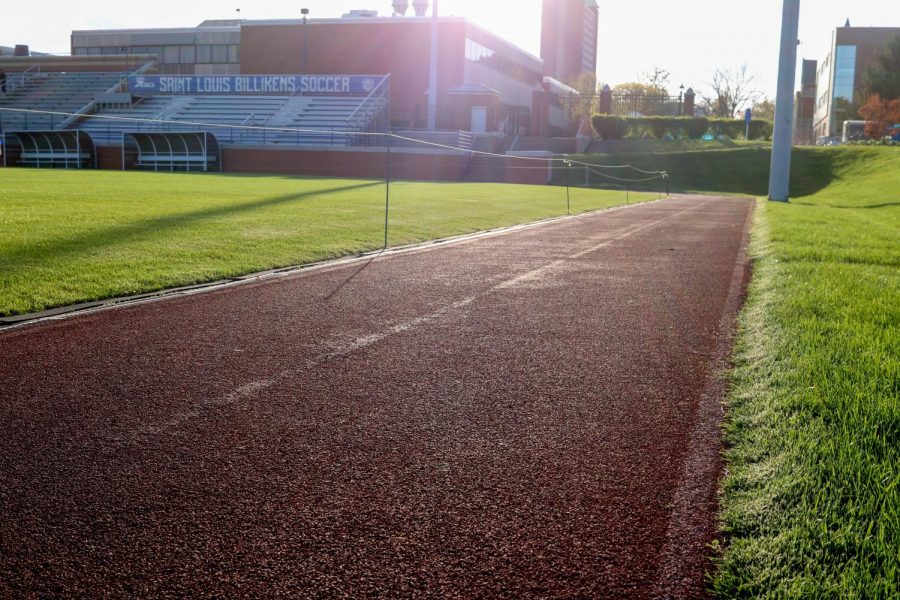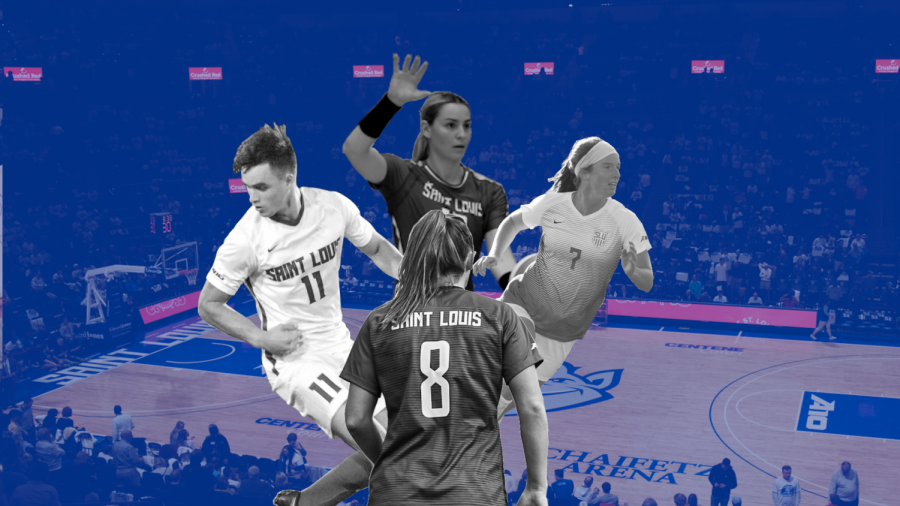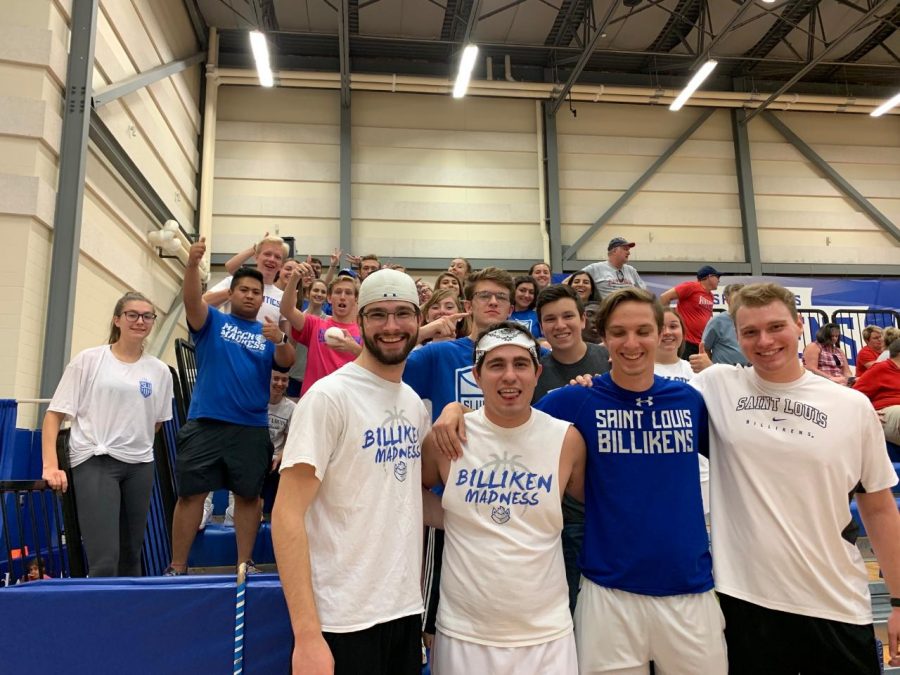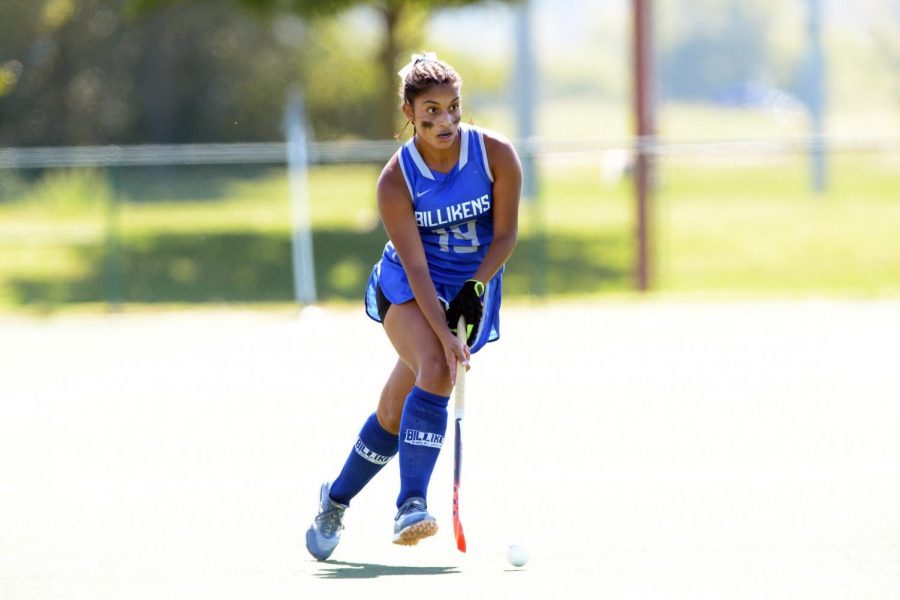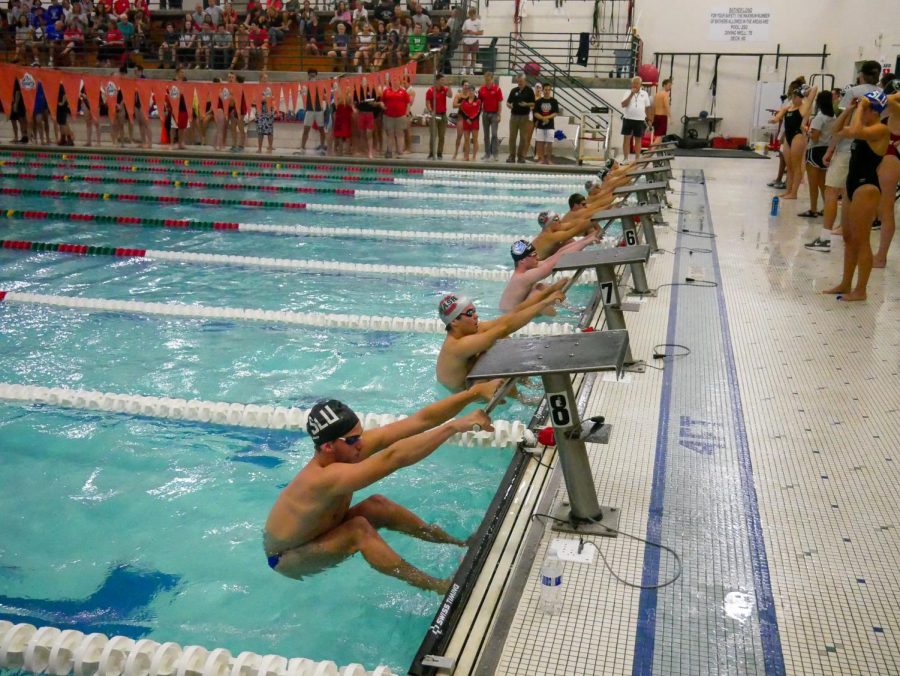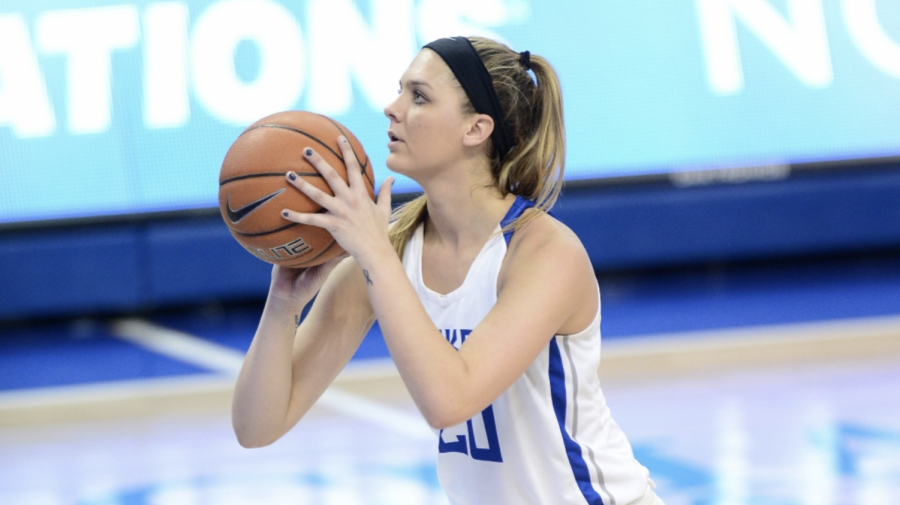This is not another commentary about the NCAA. This is a commentary about the institutions that perpetuate the stranglehold of power that the NCAA has on America’s “amateur” athletes and college sports. Another piece of “investigative journalism,” this time from Sports Illustrated, has apparently lifted the curtain on rampant impropriety within Oklahoma State University’s football program. Included among the allegations: players being paid for fake jobs, women having sex with visiting recruits, and players smoking marijuana before games. None of this is particularly revealing. It’s somewhat akin to an “investigative report” on the widespread gun violence and murder occurring on Chicago’s Southside every day. We hear about these things, failing to analyze their real causes and attempting to address them.
This has led some to declare that “some athletes have no business being on an NCAA campus,” as The Oklahoman put it. There has been the typical invocation of university ideals and how these athletes represent a radical departure from a particular university’s mission. Somehow, a group of a few hundred athletes (and less than 100 if we just look at football and basketball players) is cited as contrary to a university’s mission. Somehow, giving a handful of athletes the chance to succeed at the college level, obtaining a degree in the process, is now morally objectionable and compromises the integrity of an entire student body. . Not to mention that some of these athletes are from less fortunate backgrounds than the average student and disproportionately African American. And while the media seems intent on uncovering these improprieties that belittle a university’s mission, fraternity houses across the nation haze pledges, dehumanize women and share old tests every day. Pre-medical students pass around answers during a physics final worried a B+ might jeopardize their future. We’re perfectly comfortable moralizing about college sports but ignore misconduct when it’s uncomforting. Listen, the public is well aware of the corruption in college sports. We don’t need more startling revelations about the sex, drugs and improper pay ments that occur every day. That’s what we talk about. What we don’t talk about is how to fix it, our why it happens in the first place. The same thing can be said for the shootings on Chicago’s Southside.
We hear reports of another five dead in the last segment of Brian William’s Nightly News, buried beneath Miley’s twerks and New York City’s mayoral primaries. It’s white noise; we don’t even think about it anymore. Sports Illustrated’s report quotes Oklahoma State players as saying that some of their teammates were “functionally illiterate.” It’s too easy to blame this on the NCAA though.
Why not speak about the education system that failed this individual or the parents who allowed their child to believe home runs were more important than homework? Would that cause us to reflect within, revealing a truth about ourselves and our society that we don’t want to admit?
These are the things we don’t talk about. Instead of worrying about this, what do we agonize over? Well, after 15 years of complaining about the BCS system, ESPN and the rest of the money-hungry media have finally gotten what their filthy-rich hands have long wanted, a college football playoff, allowing them to further profit off these student-athletes.
Now the topic of paying college athletes is the fodder of roundtable discussions and Time magazine covers. To be sure, this is much closer to the problem than a silly playoff, but it’s still not the real issue. Sure, let’s toss another few thousand dollars the student-athlete’s way if that will shut up those moralizing journalists. It pales in comparison to the billions ESPN makes off of airing college football and basketball games every week.
These student-athletes, these illiterate, barely eligible, sex and money hungry student-athletes (according to Sports Illustrated), are the product of an irreparably broken system, a system we’ve all helped create. It starts from the hospital, when we slip a cute Chicago Bears beanie on baby Johnny, continuing through elementary school and high school, where status can be determined by one’s ability on the field.
The truly talented are invited to play AAU basketball or travel football, dedicating more time to athletics than academics. It culminates in college, where money and popularity bring big-time media to campuses every weekend, looking to profit off student-athletes. That is the issue no one is talking about, that everyone is even afraid to address.
Instead of writing about these problems, journalists focus on NCAA bashing and trying to uncover the next great NCAA scandal. They are so fame obsessed that they forget their true function of creating and cultivating an informed public, addressing society’s issues and facilitating a conversation to begin solving them. These are the things we don’t talk about.




